The Labrador Retriever was the most popular pedigree dog breed in USA and other parts of the world for decades. I have raised and trained Labradors for years, and my home would be incomplete without one.
Labradors are bred to be steadfast, unflappable and kind. Traditional working Labs are tough, athletic dogs capable of great endurance and persistence. And these characteristics have created a pet dog that is a permanent fixture in our homes and hearts, as well as in the field. Labrador Retrievers genuinely can make the perfect pet, show, working, therapy, service and hunting dog.
Naturally food motivated, your Lab will be rewarding to train with modern dog training methods. Though they need guidance and supervision during those teenage years, when they can be exuberant and unaware of their own strength and power.
You’ll find that your Labrador Retriever is an active dog with an intelligent, co-operative nature, provided you have the time and energy to steer their enthusiasm in the right direction. I’ve compiled a range of guides and information to help you have fun raising your dog.
Labrador Retriever Topics:
- Personality and physical traits?
- Labrador Retriever grooming, coats and colors.
- Labrador diet, exercise and care.
- Training your Labrador.
- Labrador Retriever puppy breeders.
The Labrador Retriever breed have a medium sized physique, a short coat that sheds, floppy ears and soulful eyes. They are a gentle, clever, high energy, breed that needs attention, training and love.
Your Labrador Retriever will need lots of exercise and plenty of training. Regular brushing will help you with shedding, but expect some fur around your home. Training and socialization will help you to avoid jumping up, pulling on the leash, chewing and separation anxiety too. Your dog is unlikely to be a guard dog, but they might bark watchdog style when the doorbell rings.
Your Labrador Retriever puppy’s characteristics will have some strong benefits but also drawbacks when it comes to fitting in with your family, kids and lifestyle. I’ll share tips on adopting, buying, raising and caring for your yellow, black or chocolate companion. From your growing baby Labrador Retriever puppy, to a healthy, happy adult dog. You’ll learn how to increase lifespan, and keep your pet fit through diet, nutrition and exercise. I will also help you pick a Labrador Retriever from show ring or fieldwork lines, select the right color, as well as manage shedding. And train that high energy personality and those active Labrador Retriever breed traits, into a perfect family pet.
What Are The Typical Labrador Retriever Characteristics?
The Labrador Retriever is a popular family pet, but they have a strong working background. And many pet Labs are still also working sporting dogs today! Due to being bred to work well with their human handler, they are incredibly clever and cooperative.
Labrador Retriever History and Origins.
Labrador Retrievers have an amazing history. They came from humble beginnings as a sporting companion, spending their days diving from boats to retrieve nets and even fish.
The breed was brought overseas by visiting nobles. Labrador Retriever breeders then continued to standardise them into the dogs we know today.
Average Labrador Retriever Size?
Labrador Retrievers were bred to carry out a job, which required them to be strong and athletic. They needed to be able to run for long distances while carrying game, and to cope well in the water too.
The Labrador Retriever is a well-proportioned dog with a broad head and long legs. Pups from show lines tend to be stockier, with working bred Labrador Retriever dogs maintaining a slimmer shape.
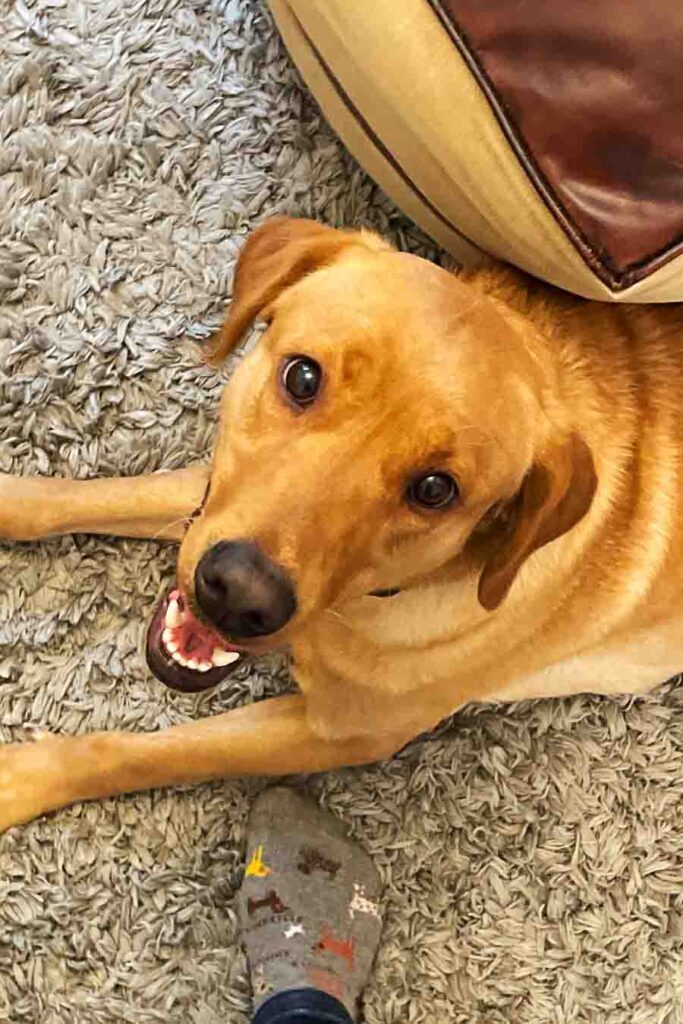
Labrador Retriever Coat Colors!
The Labrador Retriever’s coat officially comes in three solid colors. Black coats are the most common, with chocolate and yellow Labs being a little less frequent.
Although these colors are the only official colors, there are a huge amount shades and genetic variations. Yellow Labs are also found in fox red, golden and white shades. And then there are the dilute genes! These make the standard colors more pale, and result in charcoal, champagne and silver Labrador Retriever dogs.
How To Manage Your Labrador Retriever’s Shedding?
Labrador grooming is an important part of their ownership. Your dog will be a prolific shedder. The right brushes, a good vacuum cleaner and a regular cleaning routine will help you to stay on top of it. Although they have a short coat, your Labrador Retriever needs brushing at least once a week.
Are Labrador Retrievers Hypoallergenic?
Labrador Retrievers are not hypoallergenic. Your dog will produce lots of allergy inducing dander in their coats and saliva.
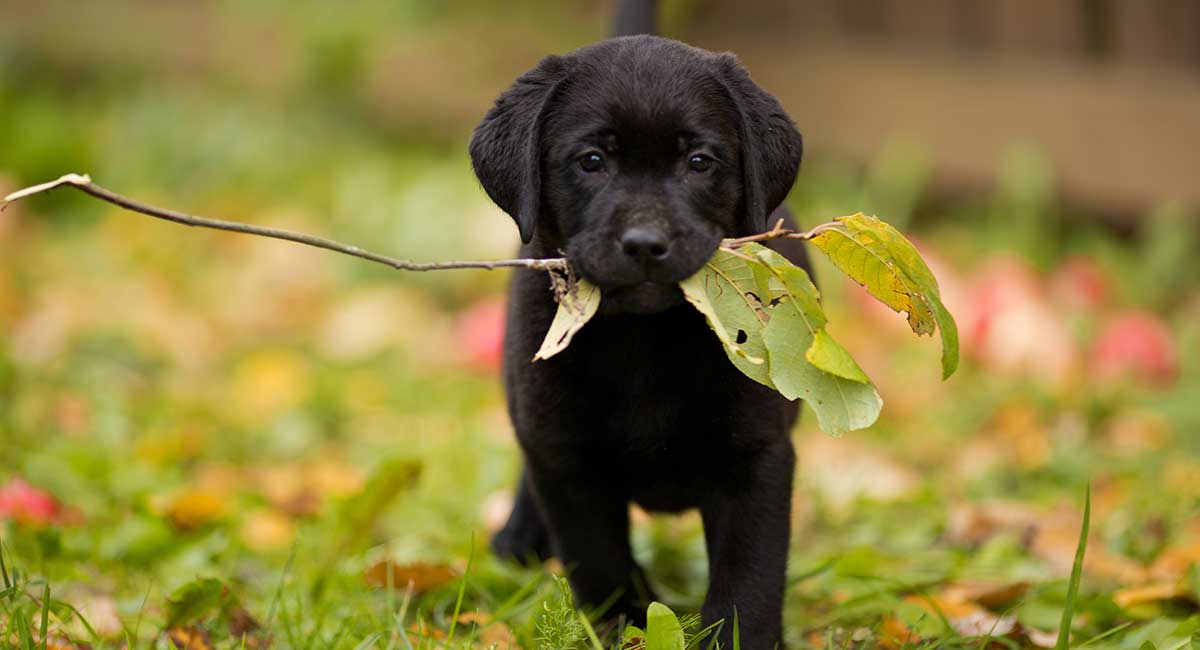
Typical Labrador Retriever Temperament
Labs are well known for being friendly dogs that crave human company. They do not tend to have aggression problems, provided that they are well socialized and bred from friendly parents. Most Labs are confident and friendly. But some can be nervous, so make sure to socialize from a young age.
The issues most owners have with Labs are to do with over friendliness and too much enthusiasm. Running off to greet strangers, jumping up and chewing are big issues that some homes contend with. Fortunately, training from an early age can help a lot. Chewing can be managed with toys and distractions too.
Are Labrador Retrievers Good Pets?
The Labrador Retriever is a great pet for active families, who are around for much of the day or are able to put in place effective cover plans during the working day. Although generally good natured, Labs can be quite bouncy and pushy and knock over very small children or the frail.
Your dog will do best in a home that has someone in the house for most of the day, and where they get lots of short training sessions as well as a significant period for exercising. With the right training and environment, your Labrador Retriever will grow into an excellent pet.
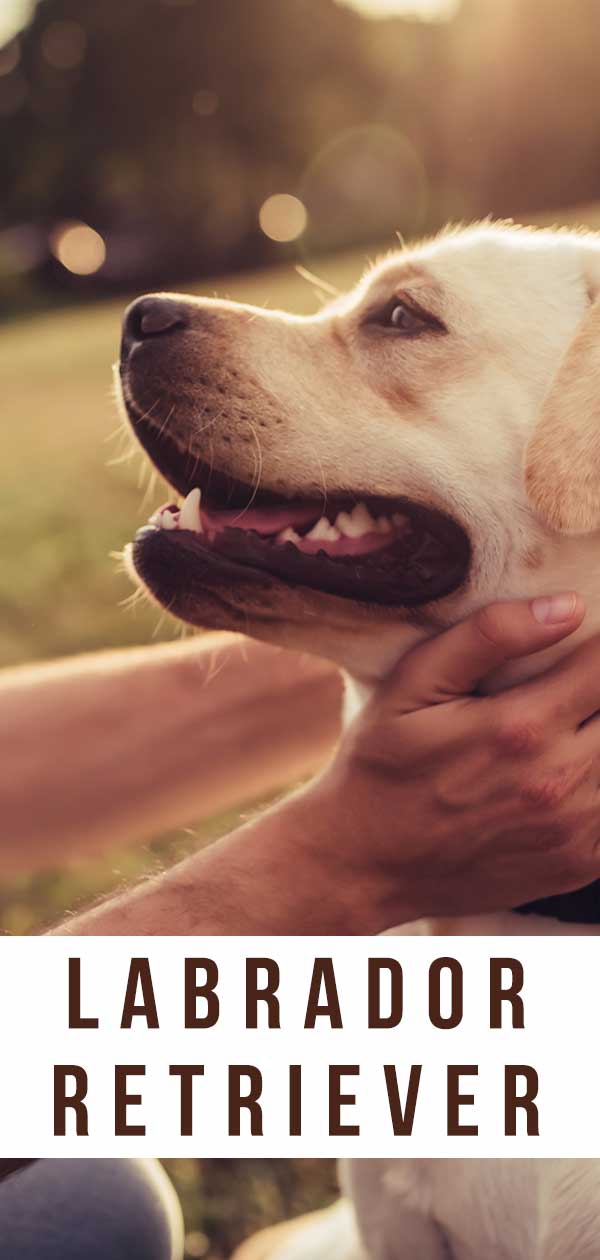
Labrador Retriever Training Tips!
Due to their history as cooperative working companions, Labs are fortunately fairly easy to train. If you know what you are doing, of course! The best way to motivate a Labrador is through food. Although some dogs will happily work for praise alone, food is always a winner with your Labrador Retriever. Positive reinforcement methods are used by all the top dog handlers now, and are the best way to form a strong bond and have a well behaved dog.
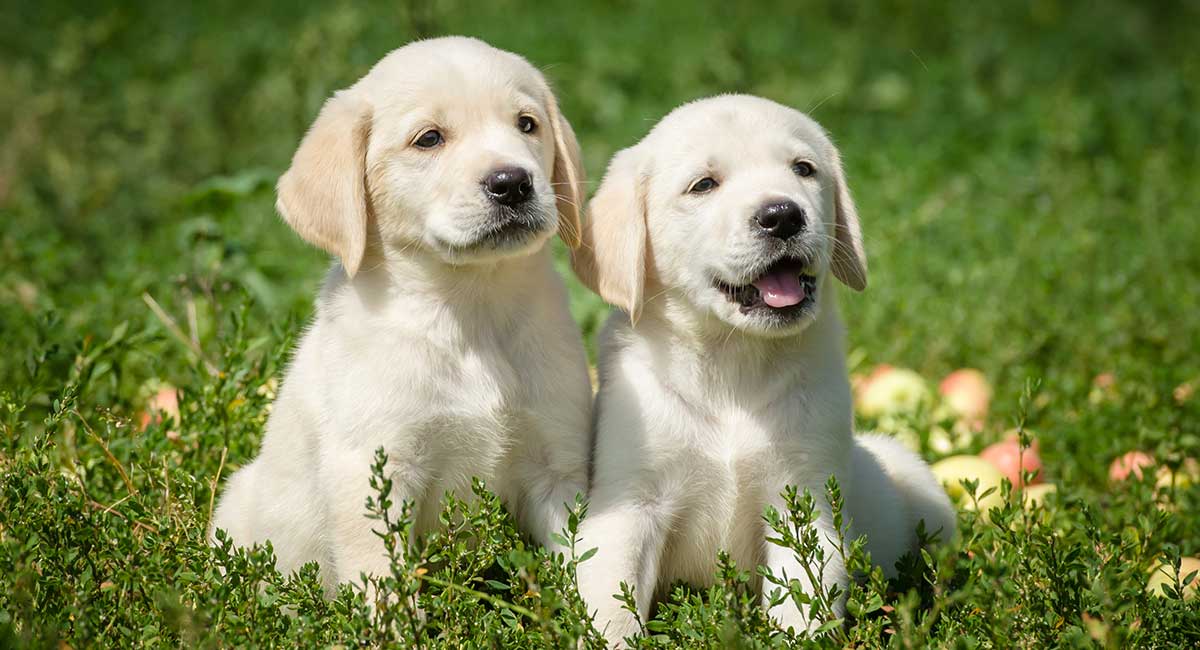
The Most Common Health Problems
Labrador Retrievers can inherit a few nasty diseases from their parents. And the breed is also prone to a few conditions. Through parental testing before breeding most are avoidable thankfully. You’ll want your potential puppy’s breeder to show you evidence of health testing for hip and elbow dysplasia, Progressive Retinal Atrophy, and a clear eye test. Labrador Retrievers are also prone to cranial cruciate ligament disease and obesity.
Feeding your Labrador Retriever is an important part of their care. You’ll need to use a high protein, high fat, low carbohydrate food. Follow the instructions on the packet for amounts, because these vary from brand to brand. If your dog is looking too skinny or a little overweight, you can then adjust this amount to suit their physique.
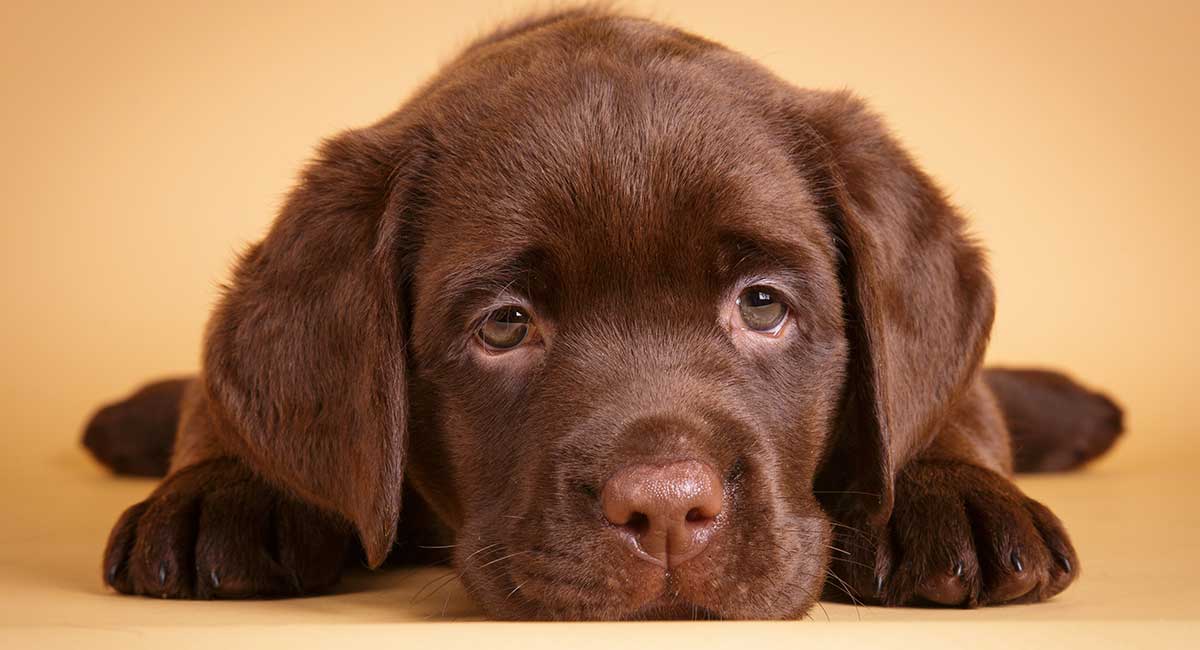
Finding a Labrador Retriever Puppy?
Good Labrador Retriever breeders have waiting lists due to high demand. The best dog breeders health screen both parents. They will be happy to show you clear certificates for PRA, a recent eye test and great hip and elbow scores. The breeder might also have tested for the dwarfism gene.
Good dog breeders are happy to answer any questions you might have about the parents’ temperament and working or show activities. And it will be clear that they have a really strong bond with their dog. They will also have plenty of questions for you, to make sure you are right for their puppies. They want to know how often you are out of the house, where the dog will sleep and what you plan to do about training and exercising.
Consider a Shelter Dog?
Rescuing an older dog can be a great way to bring a new pooch into your home. You will be able to meet your adult dog and get to know their personality and make sure that it matches with the environment you would be able to provide.
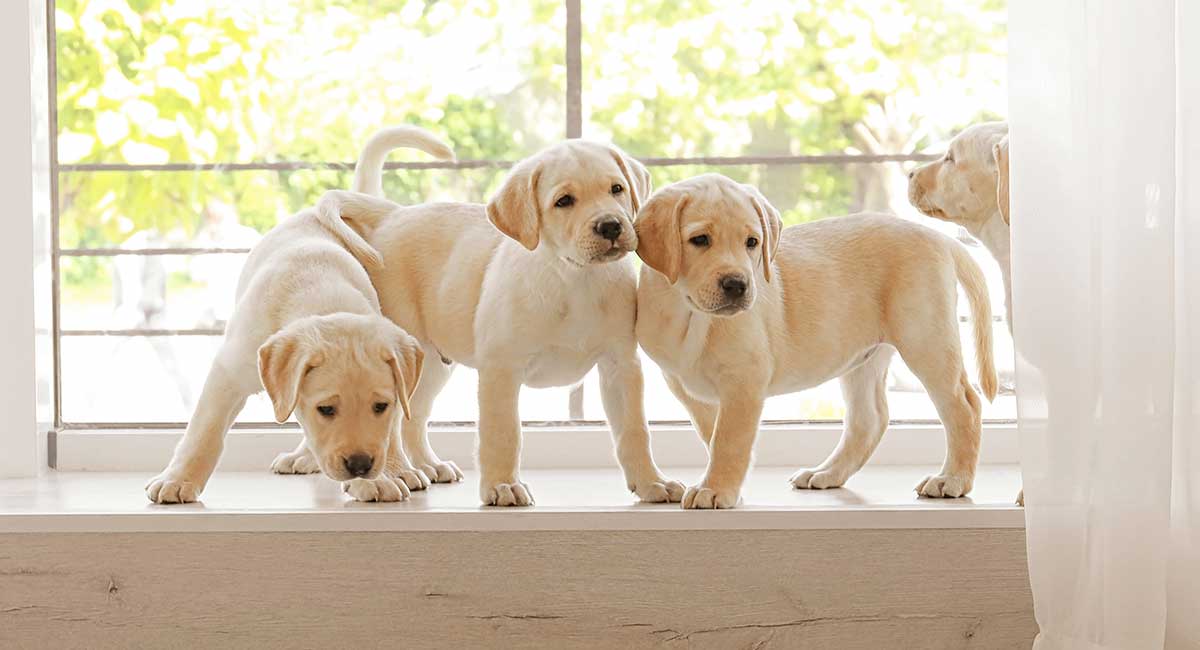
The Labrador Site Founder
Pippa Mattinson is the best selling author of The Happy Puppy Handbook, the Labrador Handbook, Choosing The Perfect Puppy, and Total Recall.
She is also the founder of the Gundog Trust and the Dogsnet Online Training Program
Pippa's online training courses were launched in 2019 and you can find the latest course dates on the Dogsnet website

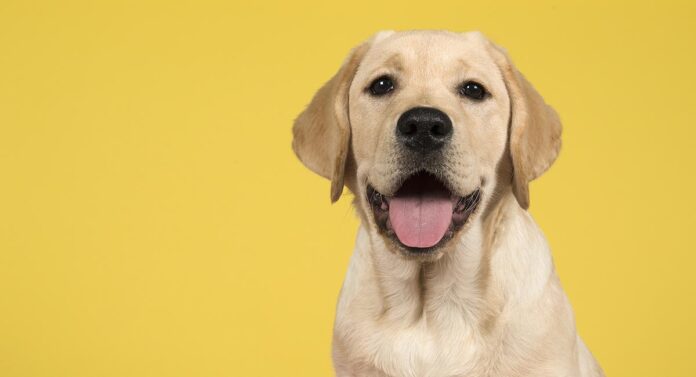




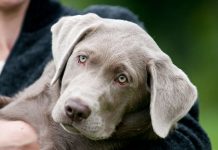
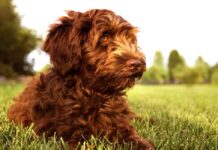
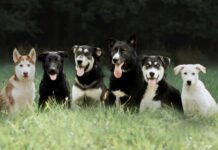
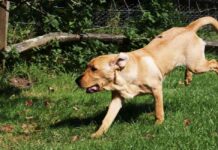
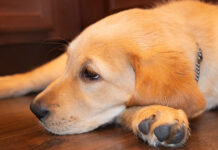








I am interested in a Labrador or Labrador poodle not a miniature size but the largest size dog I would like a puppy could you contact me please
I’m gonna buy a lab cross breed…its just born a week before…will it be safe if I bring it after he had opened his eyes…it wont hv any health issues na ? Nd is any spcl care needed for him…plz rply
Raghavi, no. It needs its mother’s milk to grow properly until at least week 5 or 6. As well it will need to learn to socialize with other puppies. They learn this during weeks 5 to 8. Once the puppy is between 8 and 10 weeks old that is the best time to remove them and let them bond with you.
We got our Sandy, our golden lab many years ago. The best advice my vet told me was he needs to run and explore and be a dog, Living on a farm, free to explore and live as he should. Not in an apartment, not in a cage but enjoying the outdoors. My Sandy passed away last week and it fills my heart with love knowing he had a wonderful, adventurous life with no obstacles to his freedoms.